Dow is supporting the development of a circular economy for plastics in Africa. Our work with innovative sustainability partners such as Mr Green Africa and Wecyclers sees us tackle plastic waste, improve plastics recycling, and help creating secure employment opportunities for thousands of people across the continent.
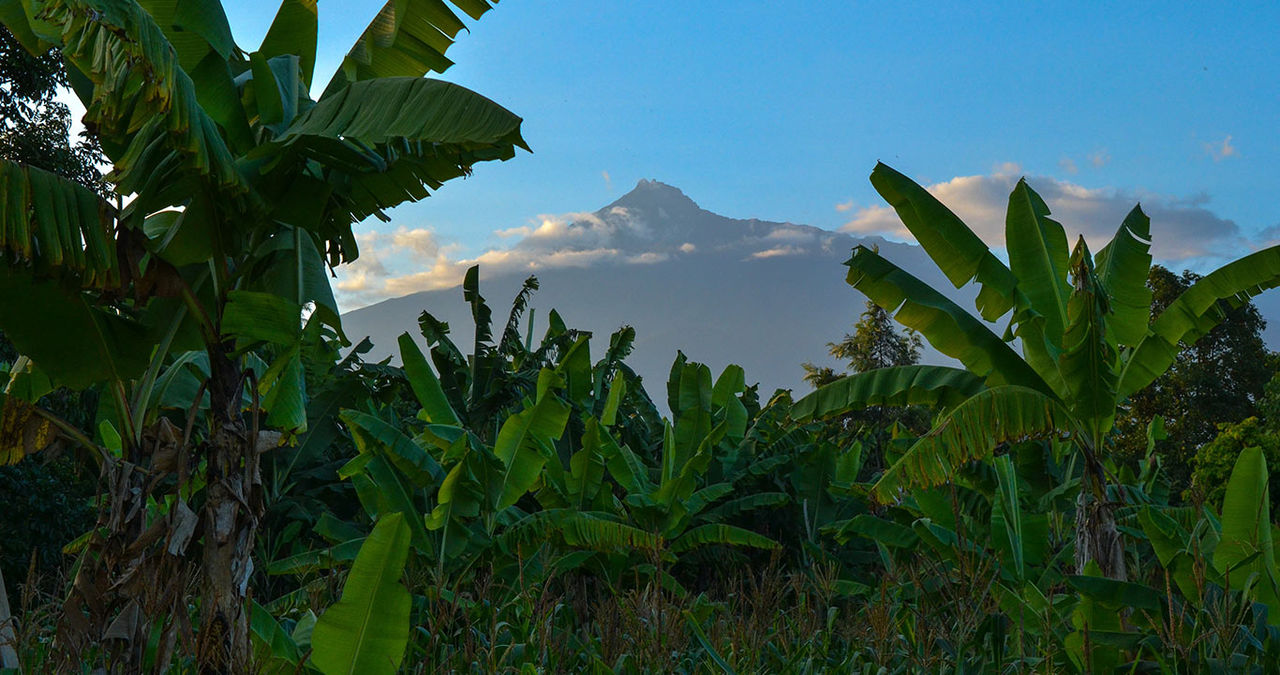
Circular Economy

Project Reflex
Advancing a circular economy for Africa
What if we could stop plastic waste from littering Africa’s beautiful lands and turn that waste into profit instead? We are working with partners across Africa to pioneer new ways to take waste plastic and turn it into something usable. Watch our video to discover how we’re helping to divert 75,000 metric tons (MT) of plastic destined for landfill, through our work with Mr. Green Africa.
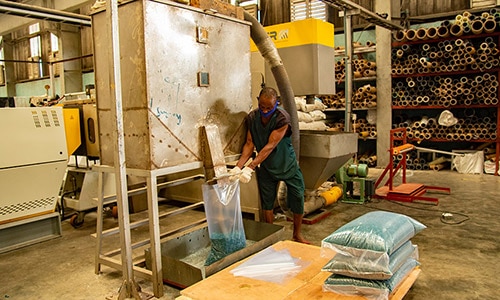
Bringing fresh water and recycling to West Africa
We work with RecyclePoints to ensure vital water sachets can be collected and reused to prevent them ending up in landfill.
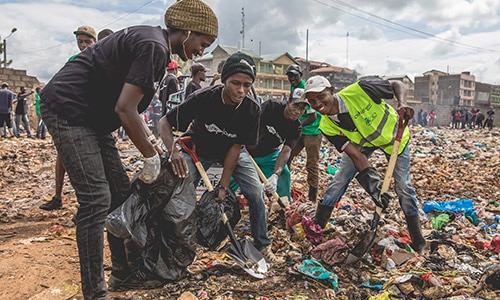
Ending plastic waste in Africa
Through collaboration, we are systematically changing the game for plastics recycling in Africa.
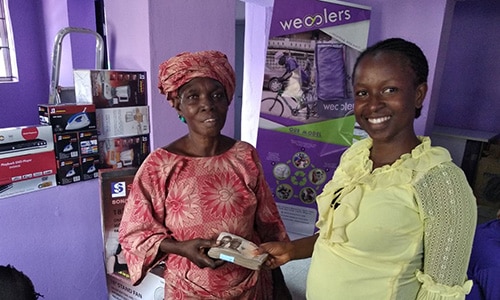
Dow & Wecyclers
We’re working with Wecyclers to educate local communities in Africa so they can create an income through recycling waste.
Wecyclers partnership
We have partnered with innovative waste management company, Wecyclers, in an aim to divert 10,000 metric tons (MT) of flexible packaging waste by 2025. Launched in 2020, the project will create direct employment opportunities for over 50,000 waste collectors across Nigeria, Egypt and Guinea and provide education to local communities. Watch the full video to discover how we’re making this happen.
Accelerating circularity together
Using a process akin to the Fair Trade approach that can be seen in banana and coffee industries, Dow’s partner Mr. Green Africa work with waste pickers who collect waste for use in circular plastics production. Here, waste is turned into high quality Post Consumer Recyclate, PCR, which can be brought back into production. Key to this are the people in Kenya, and many other places, who help close the loop.
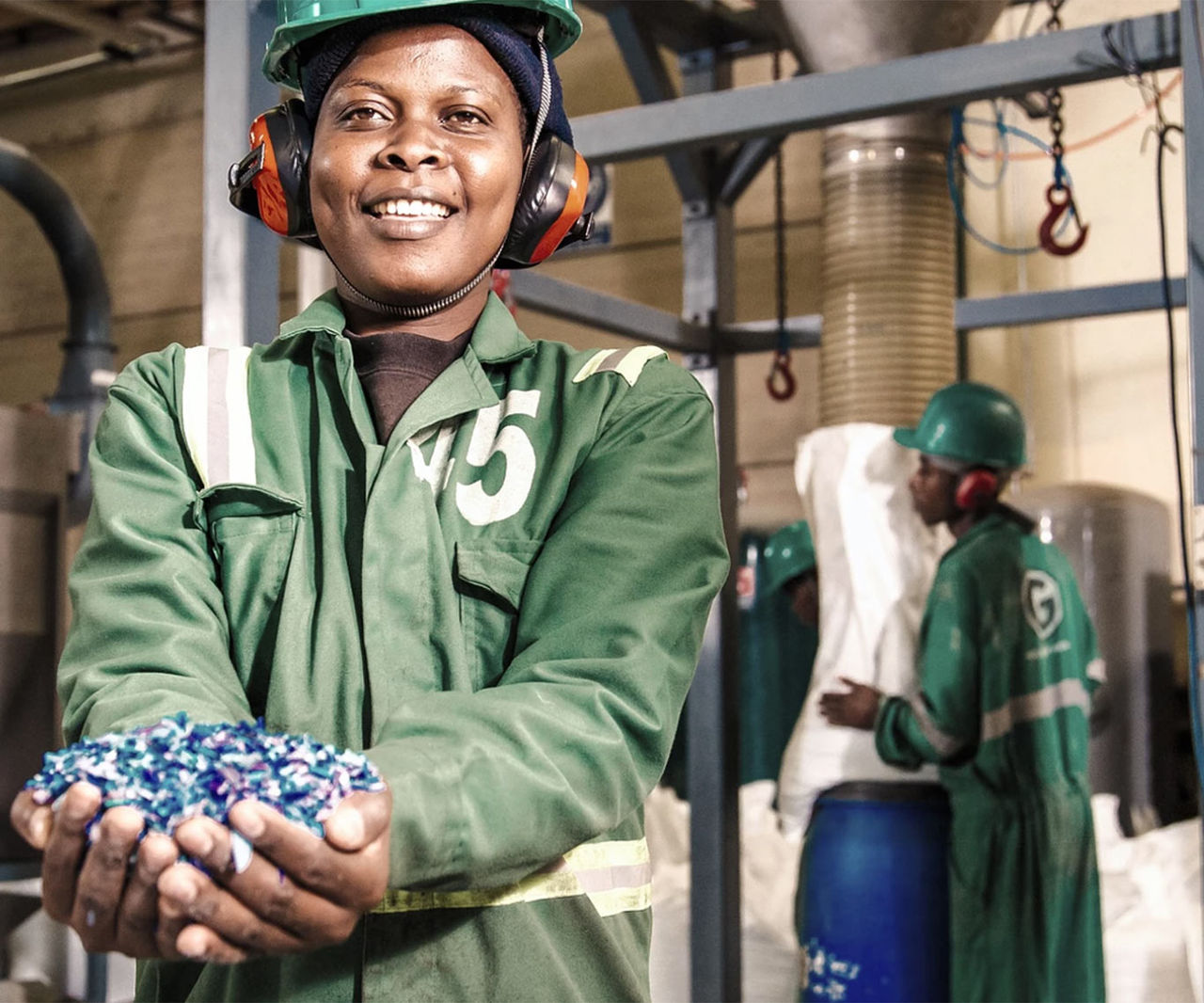
Dow invests in Mr. Green Africa
We have partnered with the innovative recycling company, Mr. Green Africa, to advance the circular economy in Africa. Our partnership has already enabled the collection, recycling, and reuse of plastic waste across Africa and our further investment will scale the solutions tackling waste in the continent, and further support the lives of collector communities.

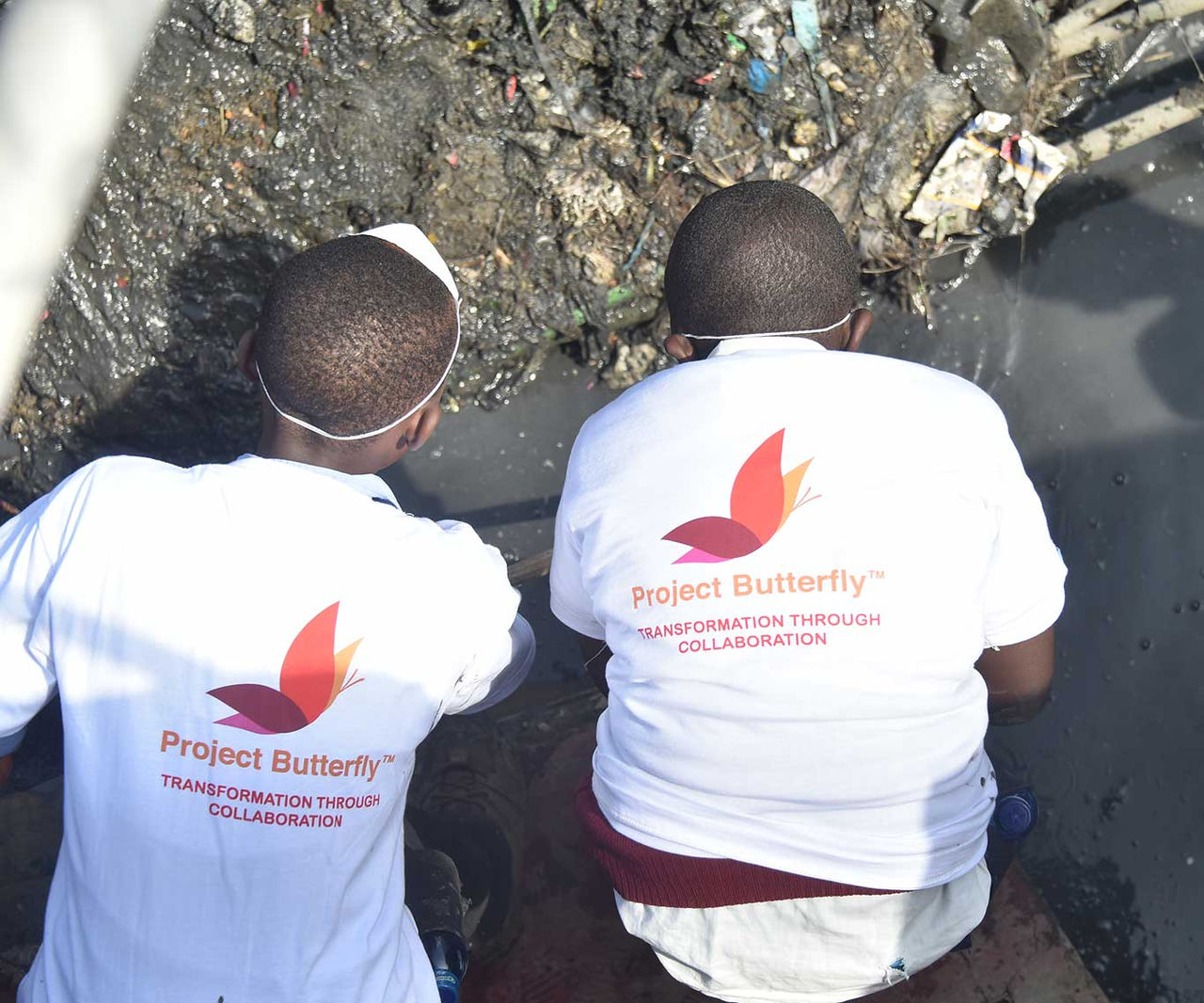
Where did it all start?
Inspired by the idea that transformation is always possible, Project Butterfly™ was launched in 2017 to tackle the challenge of plastic waste in Africa. From here, our partnership with Mr. Green Africa has continued to grow to this point of further investment. Want to know more about this initiative?
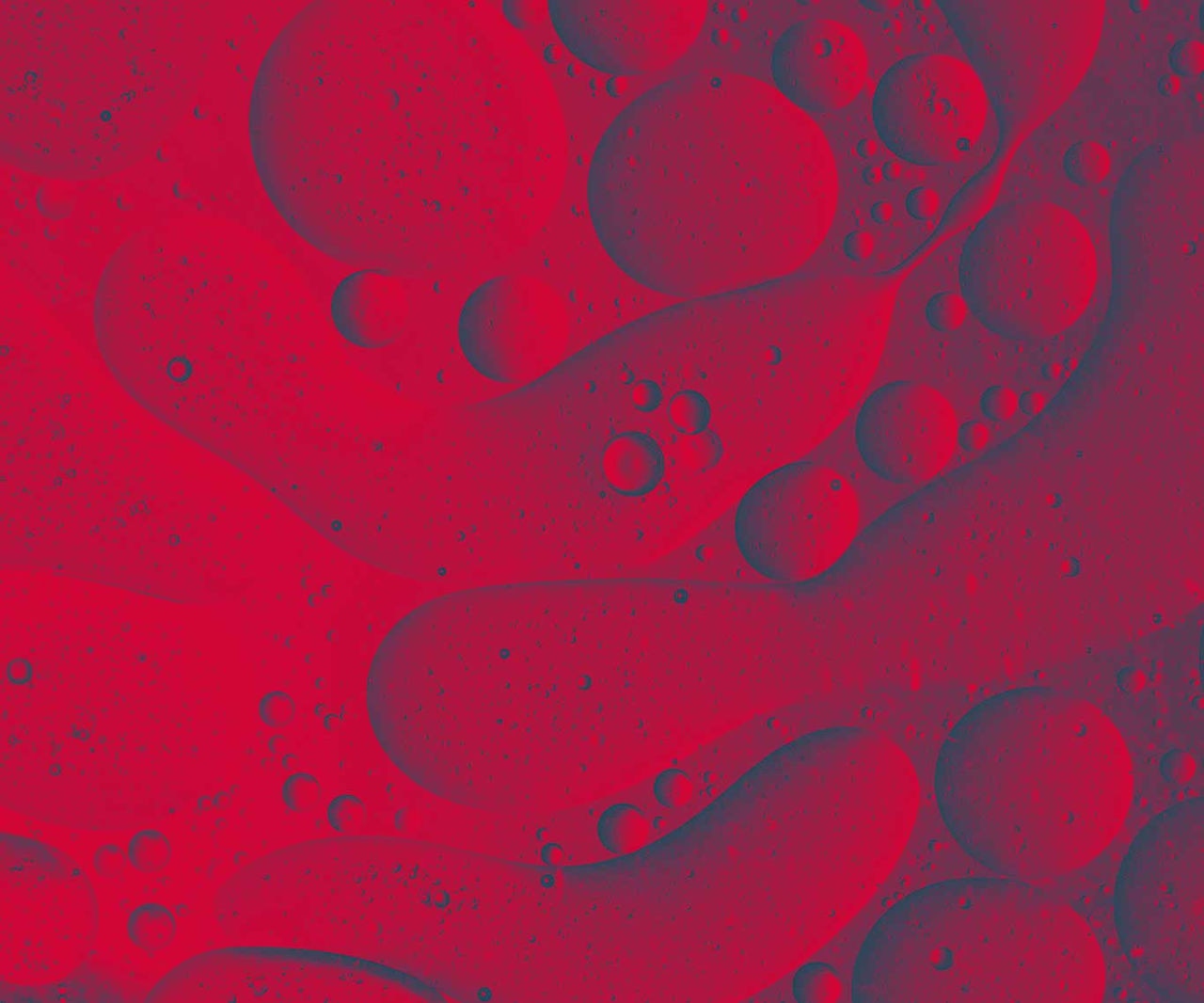
Dow packaging helps farmers reduce waste
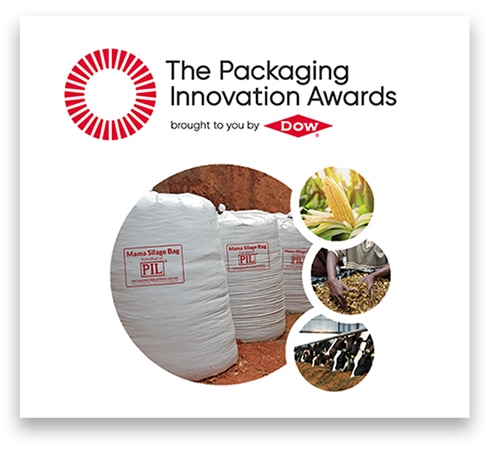
Each year, over 3.5 billion litres of milk are produced in Kenya, and over half is supplied by small-scale farmers. In fact, dairy farming is one of the main sources of livelihood for the Kenyan people, with small-scale farms creating around 700,000 jobs.Literature (Safety Data Sheets, Technical Data Sheets, ISO Certificates, etc.)
But there are threats facing this vital source of income, one of the greatest being fodder loss. Fodder is vital feed for dairy cows, but climate change and unpredictable monsoon seasons have made it harder for farmers to plan food storage. This issue is worsened by the fact that conventional storage bags are prone to damage from pests and fodder loss due to overheating and overfermentation.
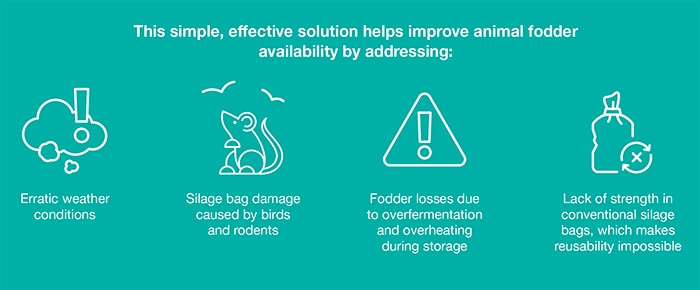
An additional problem is the unstable supply of other dried agricultural commodities, such as maize, beans, and rice. Existing storage solutions for these foods are short term solutions as silos, drums, and pesticides don’t offer adequate protection against infestations.
With infestations taking hold in just a few weeks, farmers often rush to sell their crops rather than risking losing it. Because of this, crop prices tend to be at their lowest right after the harvest, increasing drastically in the months following. After selling crops and exhausting their yields, farmers are forced to buy more produce for consumption later in the season at a far higher price.
So, what can we do to help farmers stabilize their fodder and produce supply?
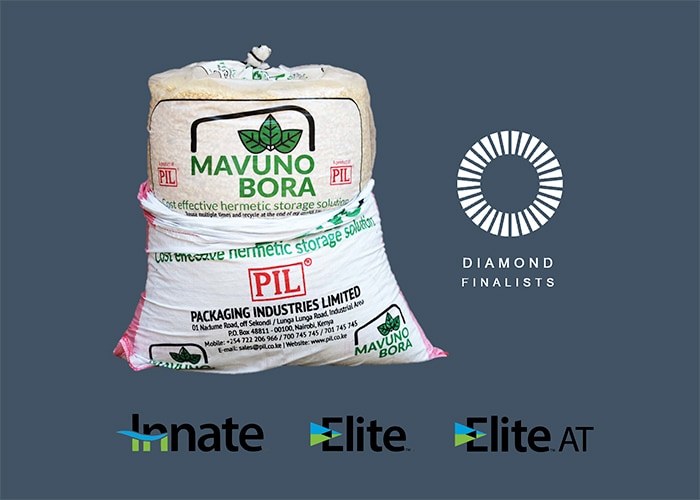
Mama Silage is a reusable silage bag that enables farmers to store fodder in a more controlled environment, allowing them to feed their animals all year round. This innovative solution is the result of a partnership between Dow and Packaging Industries Limited (PIL) and is designed to replace black polythene bags without the need to buy new, specialised equipment.
The Mama Silage bags are composed of high-performance resins that have been extruded on a multilayer line with high mechanical properties. This ensures the bags have the strength needed to be used again and again, meaning lower costs to farmers. The game changing design utilises a white exterior and black interior for thermal regulation, providing far more UV resistance than traditional black polythene bags. The inclusion of a unique aroma barrier also provides better protection against animal attacks and the damage they cause.
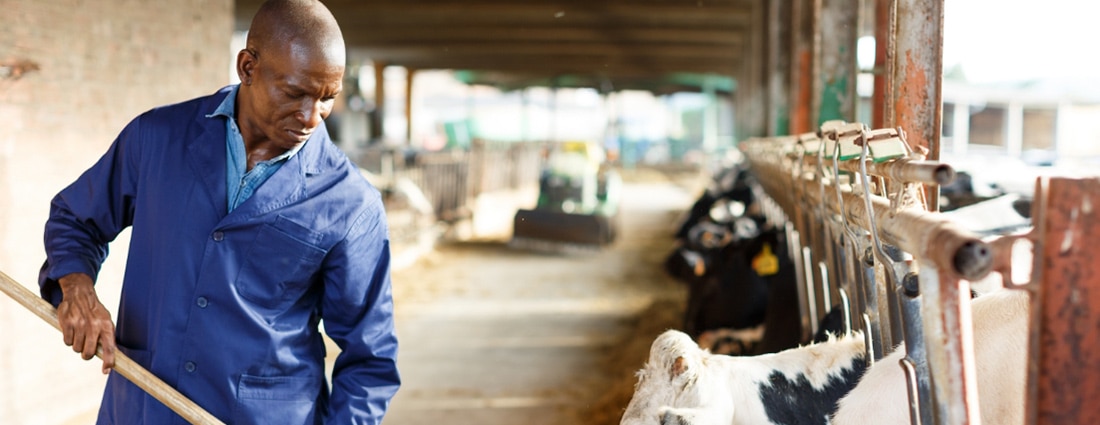
Local cooperatives support Dow and PIL in the distribution of the Mama Silage bags and help to train farmers on how best to use them. When the bags are used correctly, post-harvest fodder loss is reduced by 40% and a more stable supply of milk production is ensured.
The benefits of year-round fodder stock can’t be downplayed. Not only does it ensure steady income through the year, but it also improves the lives of women who are disproportionately burdened with gathering animal feed during the dry season. By ensuring that the dairy cows are well fed the bags also help to increase milk supply, meaning that more and more farmers can stabilise their income and achieve financial security.
To find out more about how Dow is changing the lives of farmers in Kenya, you can read more about the Mama Silage project here.
Another storage bag that’s making a difference with the help of Dow products is the Mavuno Bora hermetic bags. Designed to protect against infestation embedded within the produce, it is a combination of an outside polypropylene woven sack and an inside high hermetic PE-based liner. The result is a bag that can preserve harvests for up to two years. The grains are protected without the need of chemicals and pesticides, helping to ensure food security and income opportunities through all the seasons. Dow products used in the inside PE bag, give it the high strength and toughness the bag needs for a high performance, allowing for multiple use - Mavuno Bora bags can be reused for up to three seasons, making it an even more cost-effective and easily accessible option for farmers.
For more information on the Dow products that contribute to the high performance of the bags, visit INNATE™ and ELITE™ AT.
